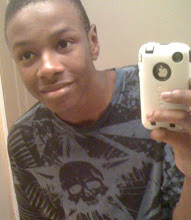"The Banking Concept of Education," by Pablo Freire, deals with almost two definite sides explaining the way the teacher-student relationship exists. What Freire does essentially is deciphers how the relationship between the two should be: the job of the teacher and the position of the students should be interchangeable, the teacher must be willing to learn from the students and allow them to speak what they believe.
However, since the beginning of formal education, the teacher is the one who instructs, and the students are the ones who listen. Through this process, and strict mindset of what a classroom is, the teachers are ones who dump knowledge into the students (the containers); then, "Education thus becomes an act of depositing. Freire attempts to gain all of the information presented.
I find that I relate to him in the sense that I felt that I had to work hard at learning and gaining an education, and that I often would work so hard that I would be overworking (doing more than above average). To me, one is either not working hard enough, or is working hard, but apparently, there is a such thing as working "too hard". I find that it is hard to tell when one is working "too hard". Whether it be out on the labor fields, or in a classroom. If you are getting the job done, you are doing the job. There is a such thing as working diligently, persistently, ect.
He works "too hard" perhaps because he spends a lot of time studying, a lot of time a way from his family. But I do not think that working "too hard" is an issue, I think that having good working skills is a plus, as long as it does not interfere with personal/individual development.

When you are talking about working too hard are you thinking about the connection between Rodriguez and Freire?
ReplyDeleteI think that the teacher still instructs, its just that the instruction is more a "guidance" or an orienting rather than a professing of the Truth.